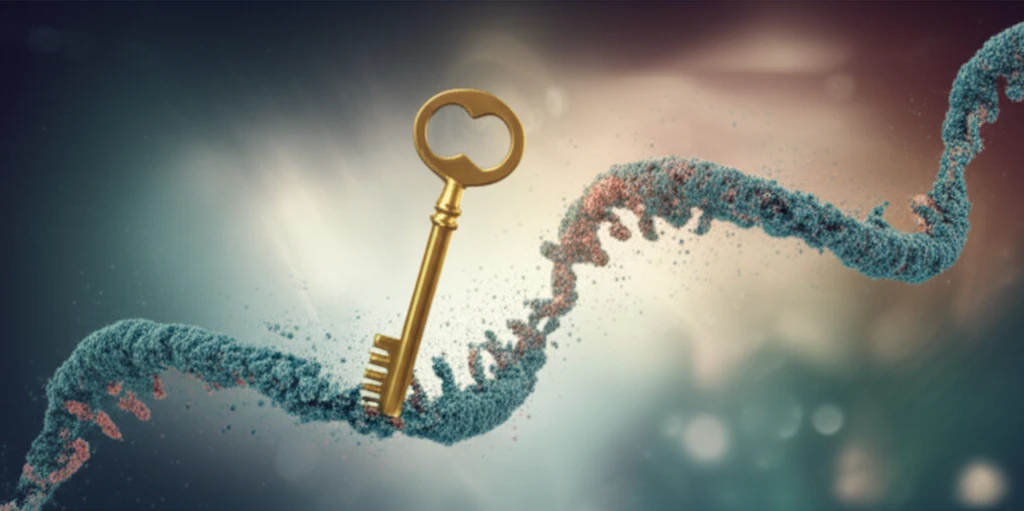
Unlocking the Potential of L-Asparaginase: How New Insights Can Improve Leukemia Treatment
"Discover how cutting-edge research into Erwinia carotovora-derived L-asparaginase could lead to more effective and stable leukemia therapies."
Acute lymphoblastic leukemia (ALL) treatment often involves a combination of several chemotherapeutic agents, with L-asparaginase being a key component used for many years. Its crucial role in reducing relapse rates and achieving complete remission, particularly in high-risk patients, has made it an indispensable part of cancer therapy.
However, bacterial L-asparaginases used in treatments come with challenges, notably toxicity to normal cells and hypersensitivity reactions. Repeated administrations can lead to significant side effects, impacting the patient's overall well-being and treatment adherence.
L-asparaginase derived from Erwinia carotovora offers a promising alternative. Known as ECAR-LANS, this enzyme demonstrates lower glutaminase activity, potentially reducing toxicity and immunogenicity. Recent studies are focusing on enhancing its stability and activity to maximize its therapeutic potential and minimize adverse effects.
The Promise of ECAR-LANS: Reducing Toxicity and Improving Outcomes

ECAR-LANS presents several advantages over other L-asparaginases. Its reduced glutaminase activity translates to decreased neurotoxicity, pancreatitis, and sepsis risks in children. This makes it a more tolerable option for patients requiring prolonged or repeated treatments.
- Reduced Toxicity: Lower glutaminase activity minimizes side effects.
- Overcoming Immunogenicity: Derived from Erwinia carotovora, it reduces immune reactions.
- Improved Tolerance: Offers a more tolerable option for prolonged treatments.
Future Directions: Optimizing ECAR-LANS for Clinical Use
Ongoing research is dedicated to optimizing the formulation of ECAR-LANS to improve its stability and activity. By identifying the most favorable solubilization conditions and understanding the structural dynamics of the enzyme, scientists are paving the way for more effective leukemia treatments with reduced side effects. Ultimately, these advancements promise to enhance the quality of life for patients undergoing chemotherapy and improve overall treatment outcomes.
